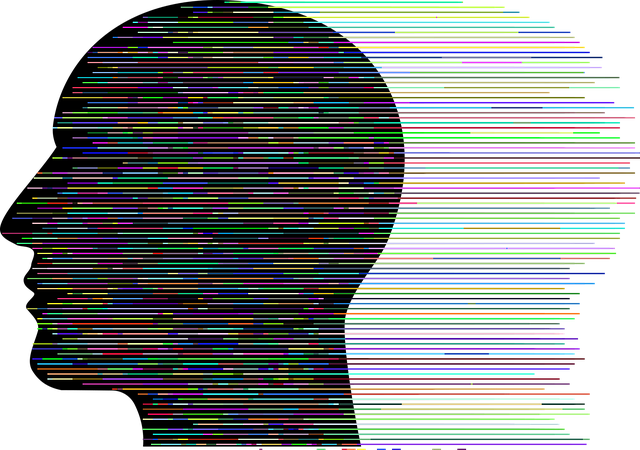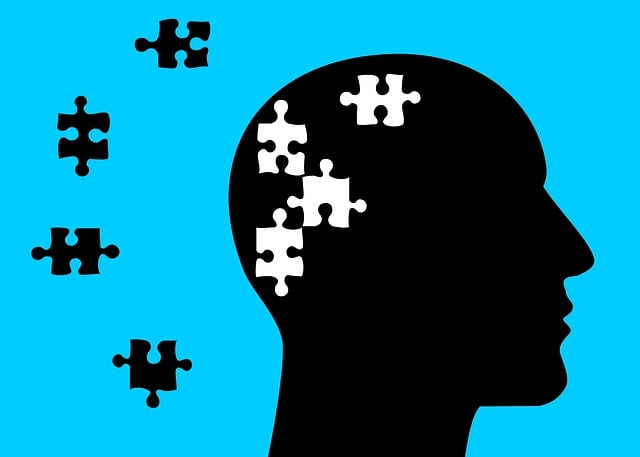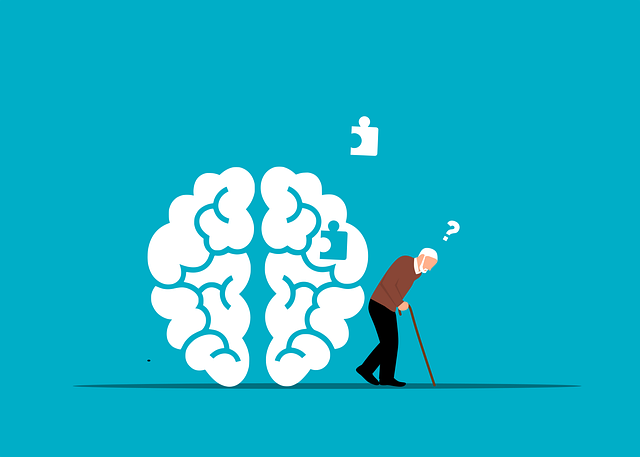Mental health education is crucial in today's fast-paced world, addressing stress and stigma. Identifying Oppositional Defiant Disorder (ODD) is key, as it severely impacts daily life with defiant behavior. The Golden ODD Therapy offers innovative treatment through empathy-building, positive behavioral interventions, and improved communication skills. A supportive learning environment, combining structured lessons with interactive activities, encourages understanding and healing. Success measurement through assessments guides continuous improvement, ensuring tailored interventions for better mental wellness outcomes, especially for ODD sufferers.
“Uncovering the intricacies of mental health education, this article presents a comprehensive guide to program design. From ‘Understanding Mental Health’ to ‘Measuring Success’, each section offers valuable insights for educators and therapists. We explore effective strategies for addressing Oppositional Defiance Disorder (ODD) through tailored therapy sessions, emphasizing the power of ‘Golden Rules’. Learn how to create an engaging, supportive learning environment, ensuring optimal student outcomes and fostering a positive mental health landscape.”
- Understanding Mental Health: A Comprehensive Overview
- Identifying and Addressing Oppositional Defiance Disorder (ODD)
- Integrating Golden Rules for Effective Therapy
- Program Structure: Creating a Supportive Learning Environment
- Measuring Success: Assessment and Continuous Improvement
Understanding Mental Health: A Comprehensive Overview

Mental health is a broad and complex spectrum encompassing various conditions and challenges that impact an individual’s emotional, psychological, and social well-being. It involves understanding not just the absence of mental illness but also fostering resilience and promoting overall mental wellness. In today’s fast-paced world, where stress and pressure are prevalent, educating individuals about mental health is more crucial than ever.
The design of a comprehensive mental health education program should aim to demystify mental health issues, breaking down stigma and misconceptions. It should provide an overview of common mental health disorders, such as Oppositional Defiant Disorder (ODD), offering insights into their symptoms, causes, and effective treatment options like therapy. By incorporating coping skills development, crisis intervention guidance, and compassion cultivation practices, participants can gain practical tools to navigate their mental health journeys.
Identifying and Addressing Oppositional Defiance Disorder (ODD)

Identifying Oppositional Defiance Disorder (ODD) is a critical step in implementing effective mental health education programs. ODD is characterized by recurring and persistent patterns of defiant, disobedient, and antagonistic behavior towards authority figures, often leading to impairment in daily functioning. Through interactive self-awareness exercises, educators can help students recognize the symptoms and triggers associated with ODD, fostering an environment that encourages open dialogue and early intervention.
Addressing ODD requires a multifaceted approach. While traditional therapy methods have shown success, incorporating innovative techniques like the Golden Oppositional Defiance Disorder Therapy offers promising results. This tailored therapy focuses on building positive behavioral interventions, improving communication skills, and enhancing problem-solving strategies. Integrating these approaches into public awareness campaigns development can significantly contribute to destigmatizing mental wellness issues, ensuring students receive the necessary support to overcome ODD and thrive academically and socially.
Integrating Golden Rules for Effective Therapy

Integrating Golden Rules for Effective Therapy plays a pivotal role in fostering mental wellness and enhancing emotional healing processes. These rules serve as guiding principles that can significantly impact the success of interventions, especially when tailored to address Oppositional Defiance Disorder (ODD). One such rule is empathy building, which involves therapists actively listening and understanding the client’s perspective, thereby fostering trust and encouraging open communication. This is particularly crucial in managing ODD, where individuals often struggle with emotional regulation and may exhibit defiant behaviors as a means of communicating underlying distress.
By incorporating empathy building strategies into therapy sessions, mental health professionals can create a safe space for clients to express their feelings without judgment. This approach not only facilitates the emotional healing processes but also promotes positive client-therapist relationships, which is essential for effective ODD treatment. Moreover, integrating these golden rules requires therapists to be consistent, fair, and clear in their expectations, providing structure that can help individuals with ODD develop better coping mechanisms and improve their overall mental wellness.
Program Structure: Creating a Supportive Learning Environment

Creating a supportive learning environment is paramount when designing a mental health education program, especially for individuals navigating conditions like Oppositional Defiant Disorder (ODD). This structured setting should foster open dialogue and encourage active participation to promote understanding and healing. By balancing direct instruction with interactive activities, the program can address core aspects of ODD management while offering strategies for anxiety relief and emotional regulation.
The learning environment must also be adaptable to accommodate diverse needs. Incorporating elements of trauma support services ensures participants feel safe and supported. This might involve using inclusive language, implementing privacy measures, and integrating techniques that help manage stress and triggers. Such an approach not only enhances engagement but also encourages individuals to apply learned concepts in their daily lives.
Measuring Success: Assessment and Continuous Improvement

Measuring success is a critical component of any mental health education program. Assessment plays a pivotal role in understanding the impact and effectiveness of the initiatives implemented. By utilizing various evaluation methods, such as pre-post tests, participant feedback forms, and observational notes, programs can gauge knowledge gain, attitude shifts, and behavioral changes among attendees. These data provide valuable insights into what aspects of the program are resonating and which areas may require refinement.
Continuous improvement is fostered through a cyclical process that integrates assessment findings. Program developers can leverage these insights to adapt content, delivery methods, and outcomes, aligning them closely with participants’ needs. This iterative approach ensures that mental health education remains relevant, engaging, and impactful. For instance, identifying challenges in reaching individuals with Oppositional Defiant Disorder (ODD) through public awareness campaigns can prompt the development of tailored interventions, enhancing the overall effectiveness of healthcare provider cultural competency training and stress management workshops within the organization.
Mental health education programs, with a focus on conditions like Oppositional Defiance Disorder (ODD), can significantly enhance therapeutic outcomes. By integrating golden rules of therapy and structuring learning environments that foster support and understanding, we create powerful tools for positive change. Continuous assessment and improvement ensure these programs remain effective in addressing ODD and other mental health concerns. This holistic approach to education not only empowers individuals but also contributes to a healthier, more resilient society.














